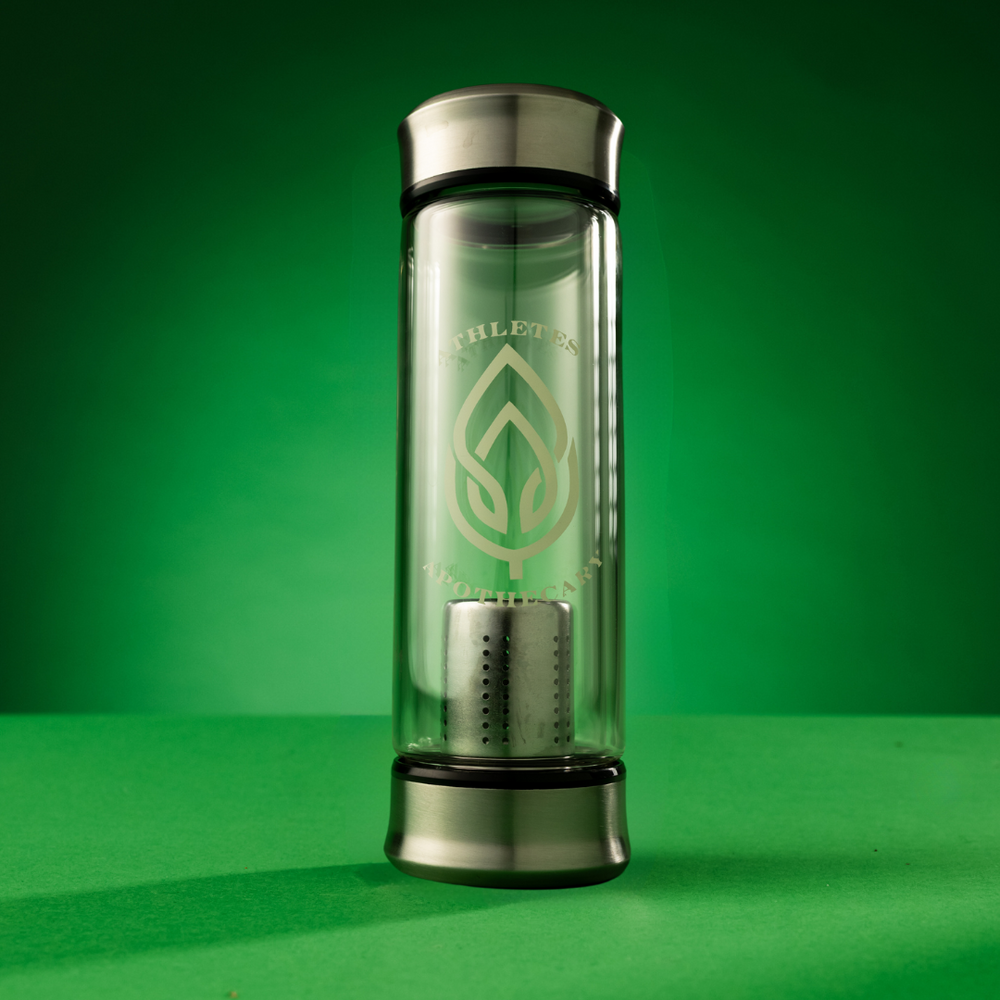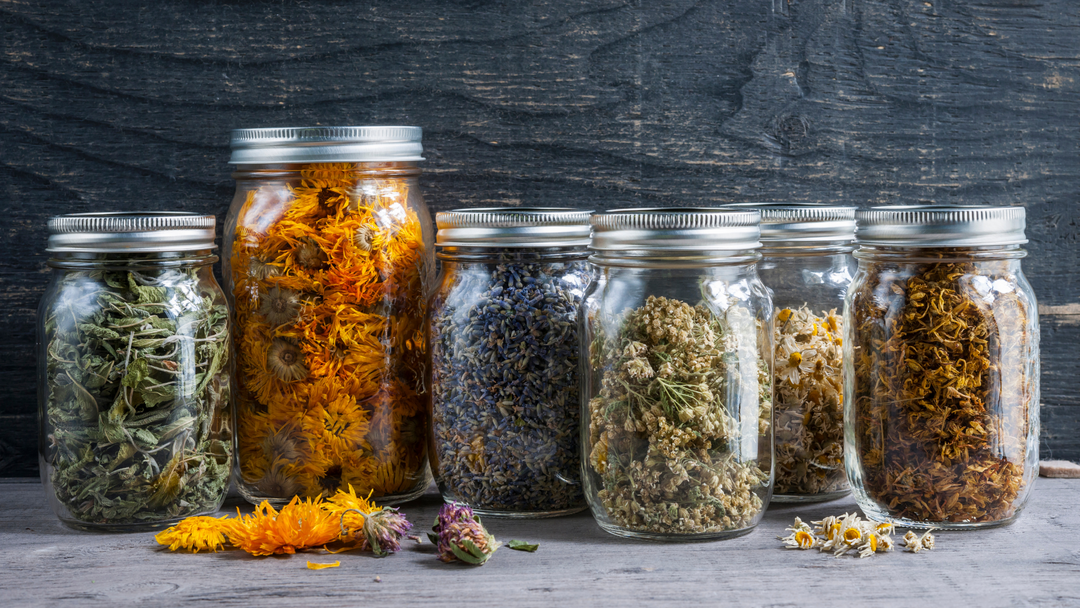Sports drinks have long been touted as essential beverages for athletes, promising to replenish electrolytes and keep dehydration at bay. However, the reality may surprise you. Recent studies have uncovered a shocking revelation: sports drinks might actually contribute to dehydration rather than preventing it. In this eye-opening exploration, we'll delve into the scientific evidence that challenges the conventional wisdom surrounding sports drinks.

Understanding Electrolyte Balance
Sports drinks are often marketed as electrolyte-rich elixirs, claiming to help athletes maintain proper fluid balance. Electrolytes like sodium and potassium are crucial for regulating hydration and muscle function, especially during strenuous exercise. The idea is that sports drinks replenish these electrolytes lost through sweat. But in order for the body to properly utilize these electrolytes they need to be presented in a sufficient quantity and be bioavailable.
The Sodium Paradox
While it's true that sports drinks contain sodium, the amount might surprise you. A study published in the "Journal of the International Society of Sports Nutrition" found that the sodium content in many sports drinks is significantly lower than the concentration found in sweat. In fact, some sports drinks contain sodium levels well below the optimal range for effective hydration.
Sugar Overkill
Another concerning aspect of sports drinks is their sugar content. Most commercial sports drinks are laden with sugars to enhance taste. A study in the "British Journal of Sports Medicine" highlights how high sugar levels in these drinks can impair fluid absorption and potentially exacerbate dehydration. In essence, the sugar can hinder the very hydration process these drinks claim to support.
The Dehydration Cycle
When you consume a sports drink with inadequate sodium and high sugar levels during exercise, it can trigger a cycle of dehydration. The excess sugar slows down fluid absorption in the small intestine, while the insufficient sodium and other key electrolytes fail to adequately replace what you're losing through sweat. On top of that, most ingredients in commercial sports drinks are synthetic, so they are not bioavailable and easily absorbable. This triple whammy can leave you more dehydrated than when you started.
A Better Way To Hydrate
So, if sports drinks might not be the hydration miracle they claim to be, what's the alternative? Water, for one, remains a reliable choice for staying hydrated during exercise. Better options than water include electrolyte-rich natural options, such as coconut water or herbal tea. These can offer a more balanced and effective way to replenish electrolytes lost during physical activity and both are natural and therefore easy for the body to absorb.

Conclusion: Rehydrate Wisely
The science is clear: sports drinks, despite their popularity, may not be the hydration saviors they're marketed to be. Their suboptimal sodium levels, high sugar content, and synthetic ingredients can actually hinder your body's ability to rehydrate during exercise. When it comes to staying properly hydrated, it's essential to choose beverages that align with your body's needs. Consider reevaluating your hydration strategy and explore alternative options that support your performance without compromising your health.









